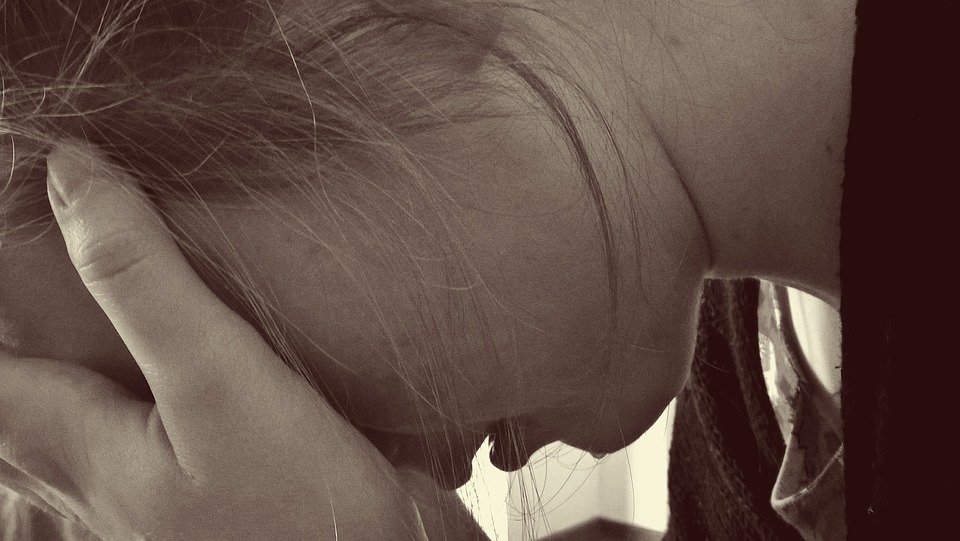By McKayla Skinner
Sometime after the birth of my third child I came across some family support organizations that help with the transition to parenthood. I had no idea there were so many resources or people experiencing similar things. All I knew was at discharge from the hospital, I had taken a survey and knew I had a moderate risk of experiencing postpartum depression. As I left it felt like someone said, “Hi five! You did it, you had this baby, now good luck, and see you back in six weeks!” Luckily, my postpartum depression was not as bad as predicted. The anxiety I experienced in postpartum eased up a little in comparison to what I went through during pregnancy. Yet up to this point, I thought it was just something I had to struggle with myself.
We are not intended to struggle alone, which is why there are organizations such as Postpartum Support International. This organization was created to be a support to families and medical practitioners, to help mothers and fathers who have gone through or are going through perinatal mood and anxiety disorders. In the effort to increase awareness and gather together local support groups The Climb Out of the Darkness campaign was created. It is an international day set on the longest day of the year. In it, families and friends meet with their local climb leader, or with their own groups on the 23rd of June to hike or walk as a symbol of overcoming the psychological darkness they have been experiencing as they work towards the hope of recovery.
Families of all sizes need support. Even though new mothers and fathers have the hardest transition to parenthood, the risks of depression and anxiety do not end after the first child. Oftentimes, parents who already have children receive less support from others or are less likely to ask for support because on the outside they seem to be handling things okay, or they say, “I’m fine.” Women in postpartum may be saving your generous help or offers of support for another day, when they think they will need you even more. Or they just do not know where you would best be utilized on the long to do list. Furthermore, 1 in 7 women experience pre- and post-natal health challenges, and statistics show at least 1 in 10 fathers struggle in similar ways. If you know someone in the midst of the transition to parenthood, be a friend, give what support you can offer, and spread the word about other community supports that can help.
Below are links to support pages, that may be helpful to you, your loved ones, and friends.
Postpartum Support International Homepage
Facebook for Postpartum Support International
Twitter for Postpartum Support International
Helpline: 1-800-944-4773 or Text 503-894-9453
It is imperative that we rally around likeminded organizations. So many of us are trying to fight the same battles to support and strengthen the family. We may each offer a unique perspective, service, and outreach style that can help. Since not all support groups meet in every state or country, it is good to lean on each other’s advocacy efforts until all families have the education and support that they need to assist them in their trials.

